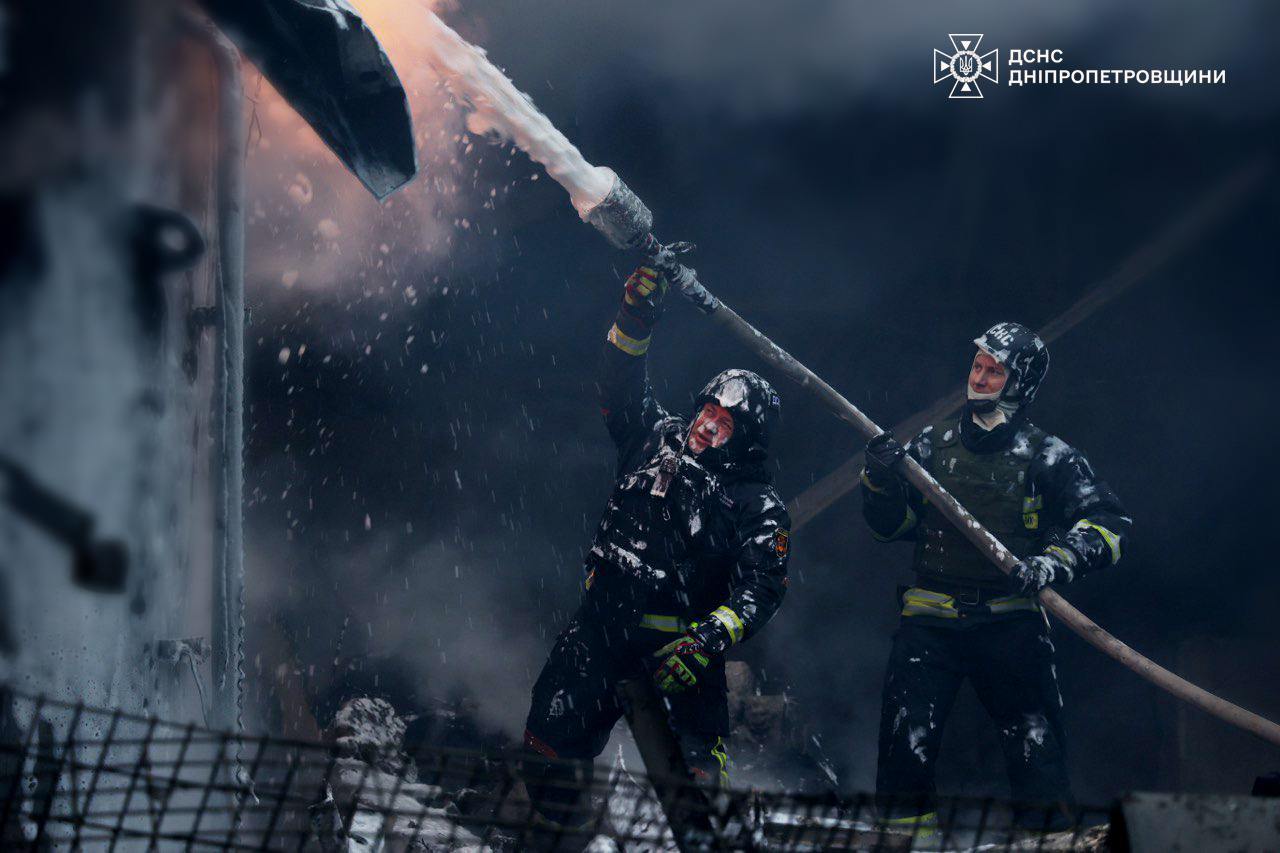Why is my life considered more important than a Ukrainian life?
It's time for the West to reckon with the fact that Ukrainian lives matter just as much as ours.

Two people hug one another at the site of a makeshift memorial Ukrainian and foreign fighters on "Defenders Day" at Independence Square in Kyiv, Ukraine, on Oct. 1, 2024. (Roman Pilipey / AFP via Getty Images)
Why is my life considered more important than a Ukrainian life? Why am I considered more important than the people I meet in Ukraine, who — even in the darkest times — still often extend such kindness and hospitality that you can't help but fall in love with this country? This isn’t just an opinion; it’s a fact beyond these borders, simply because I am not Ukrainian.
Nights ago, I met with a friend. As we sat in a cafe on Kyiv’s Khreshchatyk Street, the air raid sirens went off. It was hard not to think back to a conversation we had the week before: “If we were killed by the same missile, my death would be news, but yours would only be a statistic.”
“British man killed in Russian missile strike.”
“British man killed in Kyiv named.”
Under both headlines, those around me, killed alongside me, would be nothing but a number in a footnote, if mentioned at all.
In late-November, when the U.S. Embassy in Ukraine issued a warning about a possible major Russian aerial attack, it made sure to “encourage U.S. citizens to remain vigilant. No mention of the millions of Ukrainians who wouldn’t think twice about helping someone else, no matter the circumstances.
Indeed, last week when I was arriving in Zaporizhzhia — just as the country was being attacked by over 200 missiles and drones — it was a Ukrainian friend, hiding in a shelter in Kyiv, who told me to call them immediately if I needed help.
When I speak to people back in the U.K., they tell me they’ve seen the news over the past couple of weeks and urge me to leave. They seem shocked when I say that, no matter what happens, I won’t just run away but will stay by those I care about here.
Often, they can’t understand why I would care about the friends I have in Ukraine, or why I’d be friends with them at all. Or there’s a sense that they believe I should value my Ukrainian friends less than those from elsewhere. It becomes hard to explain that, in many cases, the opposite is true.
It would be easy to dismiss this perception as merely a result of war and death being part of everyday life in Ukraine — though that justification is morally wrong. But it’s more than that.
While the past three years have made a difference, it’s undeniable that many in the West still have an unconscious ignorance toward Ukraine, especially its history. Few know that Kyiv thrived long before Moscow was even a muddy village, and fewer still agree that the war began long before Feb. 24, 2022. Perhaps this is what has led to the current situation, where the safety of the West and the lives of those living there are seen as more important than those of Ukrainians.
As I write this, air alerts across Ukraine continue. Hours ago, I heard a loud explosion not far from where I am, and reports indicate further explosions in Kyiv and across the country. Millions are starting the day without power or heat in below-freezing temperatures. Major cities cannot operate their transport infrastructure, and houses, schools, hospitals, and more have been damaged, with countless lives torn apart. Children are traumatized once again.
Meanwhile, less than 80 kilometers (50 miles) over the border in Poland, NATO forces in Rzeszow stand ready to protect Polish skies if any missile crosses the border. They have all the military equipment and resources to prevent further strikes in a country where NATO leaders have pledged to stand by and support, no matter what. But rather than acting, we see cowardice and an ongoing fear of provoking the provokers, agitating the agitators, and escalating a conflict against an aggressor who considers no price too high to achieve its imperialistic and genocidal ambitions.
And why? Because in the West, Ukrainian lives are not as important as our own.
If they were, political anger would not be raging over the decision to allow Ukraine to strike back with Western missiles, and that decision wouldn’t have taken nearly 1,000 days to make.
If they were, there would be no question about future support, and the gains made by Ukrainian forces two years ago would not have been lost.
It’s easy to dismiss this as a war between Russia and Ukraine, rather than a war between Russia and freedom, even in the face of mounting evidence of Russian attacks and interference in the West. But it takes either arrogance or blind ignorance to deny that it is the Ukrainian people who are doing and sacrificing the most — not just for their own lives and freedoms, but also to protect those in the West who still live with the luxury of choosing to look the other way.
When I speak to people in the West about Ukraine and the people I know here, they often ask, “I support the Ukrainian people, but what should we actually do?” The answer is simple: everything we can, but let's start by giving their lives the same value as our own.
Editor’s Note: The opinions expressed in the op-ed section are those of the authors and do not necessarily reflect the views of the Kyiv Independent.














